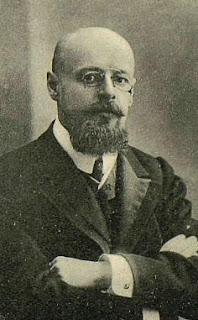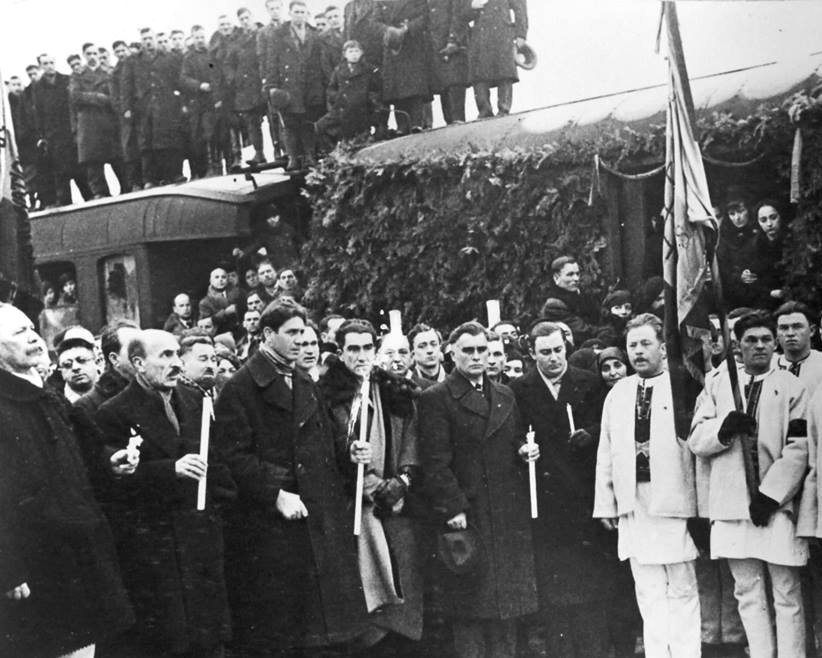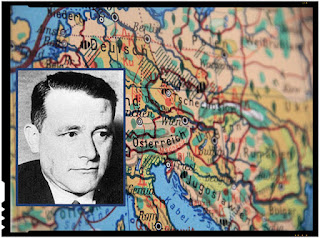Weimar Germany, the Russian Civil War, and the Purishkevich-Ludendorff Connection

Vladimir M. Purishkevich Erich Ludendorff After the Russian Civil War had broken out, a pro-German wing of the Russian White movement appeared in contrast to the pro-Entente sentiment of the mainstream Russian Whites. It must have been difficult for these Russian nationalists to forgive General Ludendorff and the Germans for aiding the Bolshevik Revolution and overseeing the Treaty of Brest-Litovsk. Yet, in their eyes, compared to the Entente Powers, with their pro-Bolshevik banks and criminal negligence of their Russian ally’s logistical needs, Ludendorff and the Germans had only been doing their jobs. From 1918 until 1923, this pro-German wing of the Whites, initially formed by Vladimir M. Purishkevich upon his release from prison in 1918, would heavily influence the direction of the nationalist right in Weimar era Germany. The extent of this influence includes, but is not limited to, the fledgling NSDAP in the years before the Beer Hall Puts



